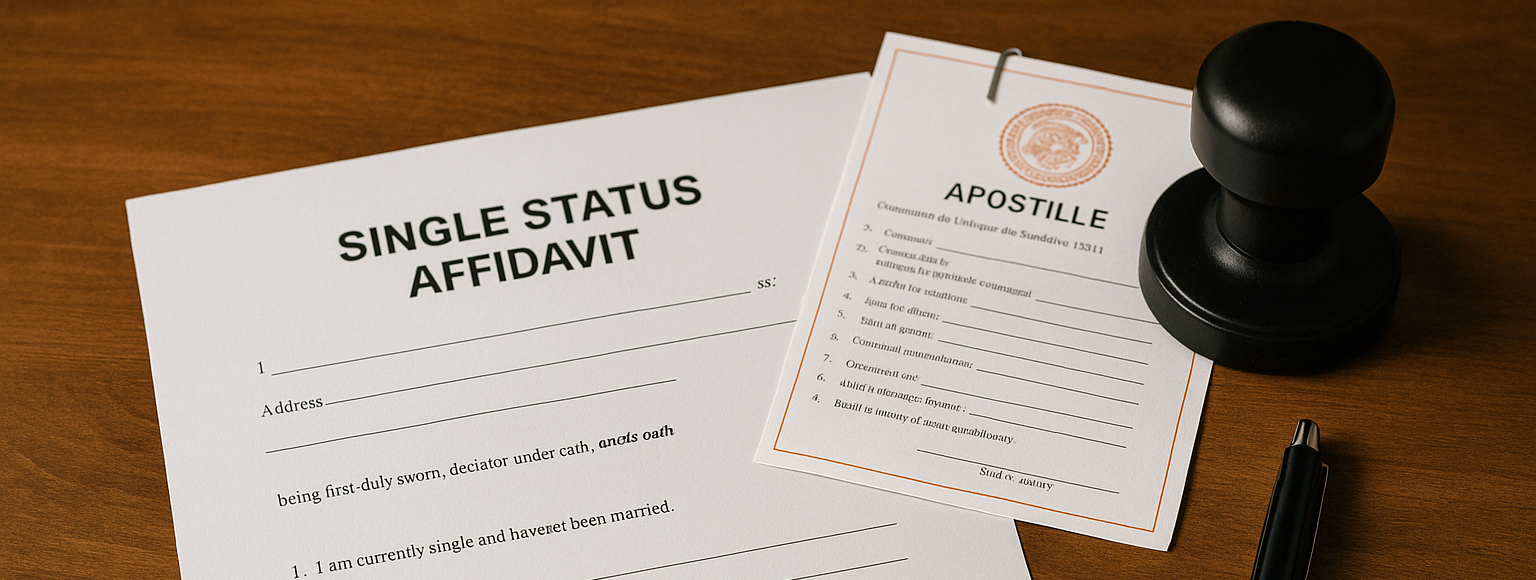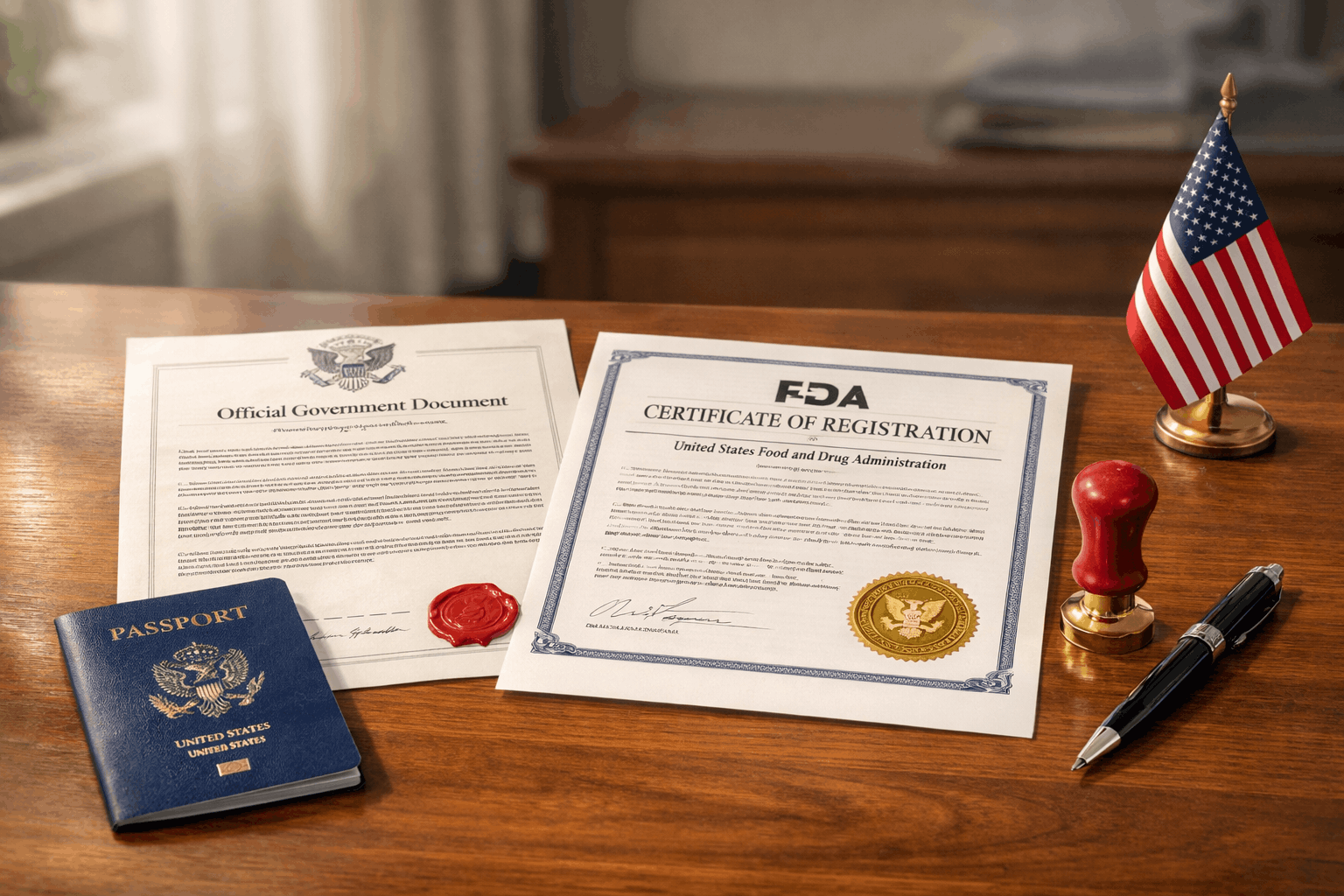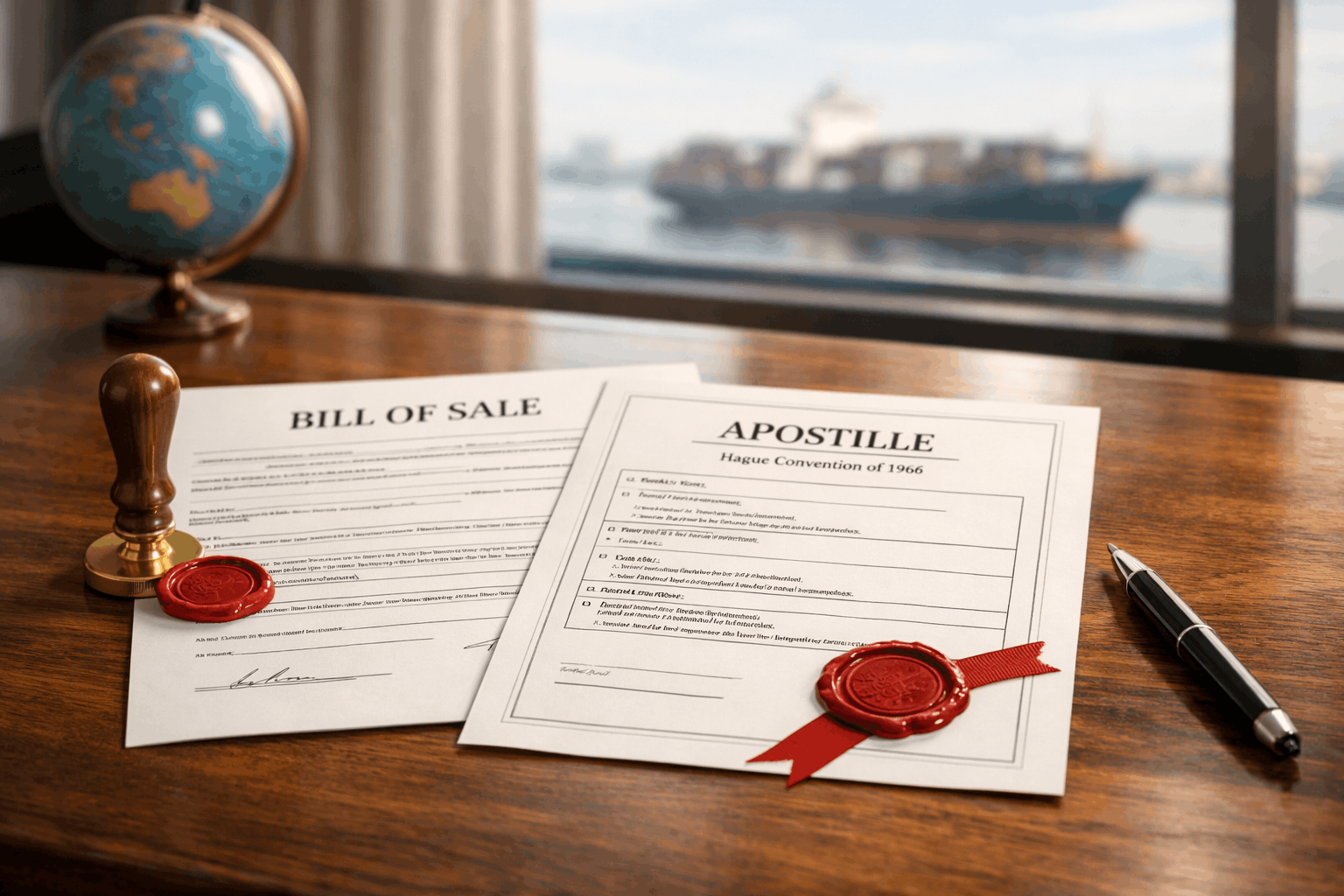
Single Status Affidavit Apostille
An apostille for a single status affidavit is essential for those planning to tie the knot abroad. Most foreign authorities require an affidavit of single status and an apostille for authenticity verification to prove that you’re legally eligible to get married. So, how to navigate the process and get your document international recognition? We’ve got you covered! This post will walk you through the basics, highlighting the steps and common issues to avoid for a wonderful celebration.
What Is a Single Status Affidavit and Why Do You Need One?
A single status affidavit, or sometimes also referred to as a single status certificate, is a sworn statement declaring that you’re unmarried in the U.S. It’s often a requirement for international marriage, since foreign authorities expect assurance that you don’t violate any laws at home when marrying in their country. You can obtain one from the County Clerk’s office or create and have it notarized yourself.
You might wonder why it’s necessary — the affidavit is crucial if you’re pursuing an apostille for marriage abroad. Hague Convention countries likely ask you to present an apostille together with the affidavit for authenticity verification. Without this small certificate, your affidavit might be rejected, resulting in delayed wedding plans, relocation with a partner, or legal proceedings overseas.
Step-by-Step Guide to Getting a Single Status Affidavit Apostille
Confused about how to apostille an affidavit of single status? Requirements may vary by state and destination countries, but the apostille process generally follows the key steps that we’ll outline below. From drafting the statement to securing authentication, this section breaks down everything, so you’ll rest assured your paperwork meets international standards.
Step 1 – Drafting and Notarizing the Affidavit
If your County Clerk doesn’t issue single status affidavits, the first step to getting an apostille is creating a concise, properly worded statement confirming that you’re currently unmarried. Some receiving countries provide templates, and you can download them to make sure your draft fulfills their expectations. Required information typically includes your full name, date of birth, current address, and a declaration that you’re single and free to marry. Then, sign the statement in front of a notary public to qualify for an apostille.
Step 2 – State Certification or County Clerk
To add an extra layer of verification, some states require you to have your notarized affidavit for marriage certified by a county clerk or an equivalent authority. Check with your Secretary of State’s office to ensure you complete this certification step before submitting the affidavit for apostille processing. Most of the time, a copy issued by the County Clerk’s office already qualifies for the apostille, while a statement you create yourself needs notarization and maybe further certification from an appropriate state agency.
Step 3 – Applying for the Apostille
Once your affidavit is notarized and certified, it’s time to submit it for the apostille. This process is done through your Secretary of State’s office, where the document was recorded. Processing times and fees differ by state, but in general, it takes you anywhere between 10 and 15 business days for a standard mail-in request and costs $15–20 per document. Expedited options by third-party services are available for an extra fee, which may reduce your waiting time to 1–3 days. With this global stamp, your single status certificate is recognized in any Convention country.
Step 4 – For Non-Hague Countries
If your marriage is set to take place in a non-Hague country, such as the UAE, you’ll need to go through the legalization process to authenticate the document. This route is a bit different — you should obtain an authentication certificate instead of an apostille from your state office. Next, you might be required to apply for federal authentication before submitting everything to the foreign country’s embassy or consulate for final legalization. Always consult with the destination country’s laws in advance to understand how to make your affidavit valid abroad.
Common Mistakes That Delay the Apostille Process
To ensure you stay on track for your overseas marriage, be aware of the following mistakes to prevent frustrations:
- Missing notarization or certification: An unsigned or improperly notarized/certified affidavit will be rejected immediately.
- Insufficient payments: Failing to pay for the apostille in advance, such as an unsigned check or incorrect amount, might result in unnecessary delays.
- Outdated or incomplete forms: Using an old version or missing fields (name, destination country, and current address) may force resubmissions.
Additionally, consider the processing timeline carefully, including courier service delivery time, to create a reasonable plan for your marriage and legal affairs overseas. In case of uncertainty, reach out to an expert for the best advice!
Why Use a Professional Apostille Service?
An expert service helps you navigate the complex requirements and tight deadlines during the apostille process for your single status affidavit, so you can spend time on other important matters instead of the paperwork. With state-specific expertise, our support not only ensures accuracy to reduce the risk of rejection but also speeds up processing for your big day. Whether you wish for peace of mind or run short on time, we’ll make getting your apostille for marriage abroad a breeze.
Final Checklist Before Submitting Your Document
Before sending your affidavit for an apostille, run through this checklist:
- Notarization – signatures and stamps are clear and valid
- Correct state – submit to the right state authority
- Request form – all fields are filled out accurately
- Payment – exact fee using accepted payment method
A minor flaw might derail your entire international marriage plan — cross-checking everything is crucial for a stress-free journey!
One Step Closer to Saying “I Do” Abroad
Obtaining a single status affidavit apostille is incredibly easy when you’re acquainted with the key steps. With our guidelines and tips to avoid setbacks, international paperwork will no longer be a stumbling block between you and your milestones in life, no matter where they occur. And if you’re still unsure, we’re always here to streamline the work and give you the serenity you deserve.
FAQ
Is a single status affidavit the same as a certificate of no impediment?
They’re similar in nature, but terminology varies from one country to another. You might find foreign authorities call a single status affidavit a certificate of no impediment, certificate of freedom to marry, or unmarried certificate.
Can I draft the affidavit myself, or do I need a lawyer?
No lawyer needed — you can draft it yourself using a state or destination country’s template. Just keep in mind that it must be properly notarized.
Does it expire? How long is it valid?
An affidavit, as well as an apostille certificate, doesn’t have an expiration date. However, most country requires it to be issued within 3–6 months. Check with the receiving country’s specific rules to ensure your document is accepted.
What if I were previously married?
You’ll likely have to disclose divorce decrees or death certificates to demonstrate that you’re currently single. These documents should be apostilled as well.
Do I need separate affidavits for multiple countries?
Yes, you might need separate affidavits for different countries, as the apostille states the intended country of use for the document. Verify each country’s requirements beforehand to avoid rejection.
Can I get it apostilled while I’m outside the U.S.?
Definitely! You can mail your request to the Secretary of State’s office from abroad or have an authorized representative handle the apostille process on your behalf.





